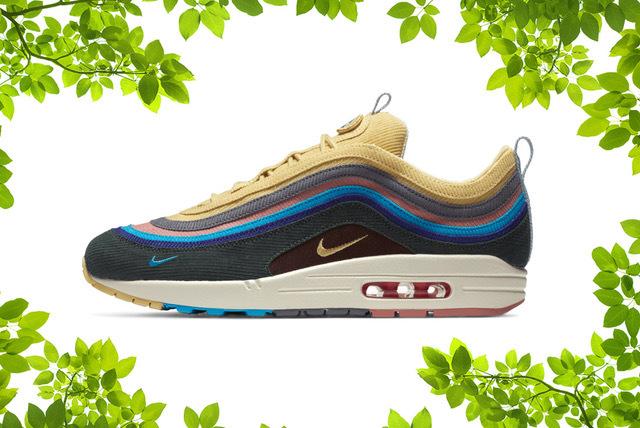An In-Depth Guide to Vegan-Friendly Footwear
Ask just about any sneakerhead for their feelings towards animals and the chances are high they'll tell you that they love the furry (and not so furry) little (and not so little) critters. Unfortunately, there's one sad reality that we, as footwear fanatics must face: for millennia, footwear has come at the expense of animals. From leather to suede to glue, traditionally nearly every component of a shoe has required animals to be slaughtered en masse to keep our feet looking fresh. However, in the words of Bob Dylan, the times they are a changin'!
Compassion, consideration, and technological innovation are altering the industry like never before, so it has never been easier to build up a kick-ass collection without a single animal being harmed. Without further ado, here is Sneaker Freaker's guide to vegan-friendly footwear.
